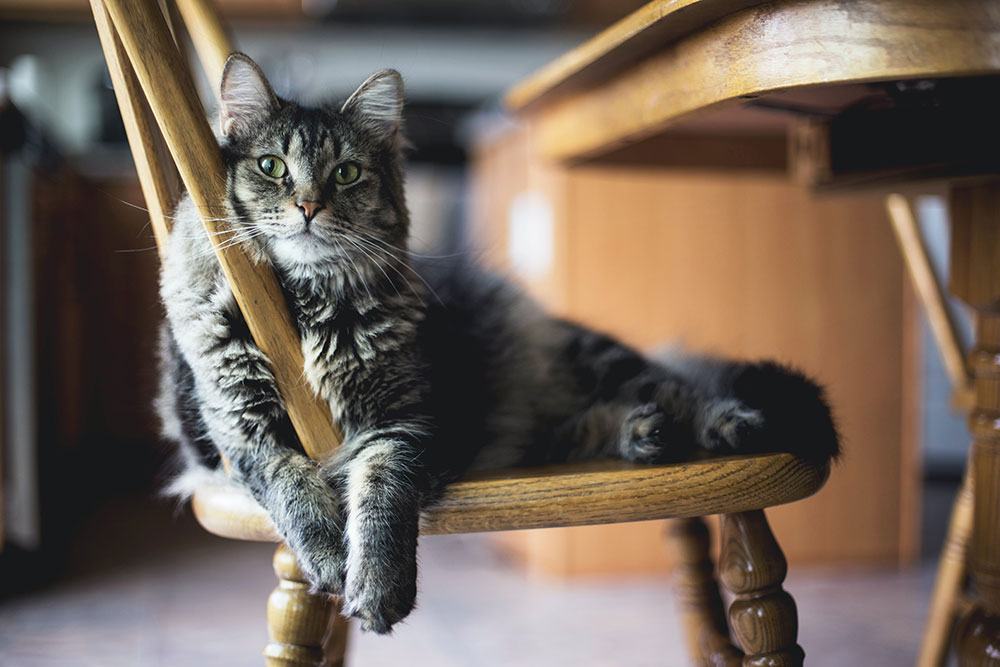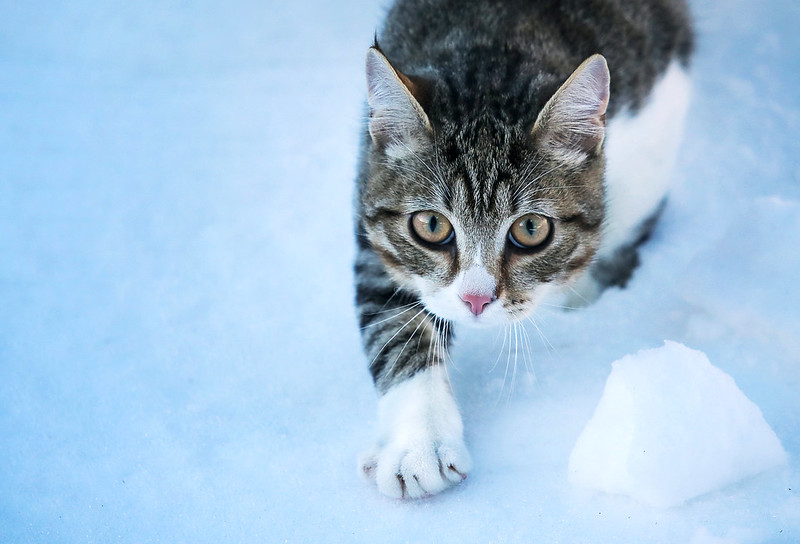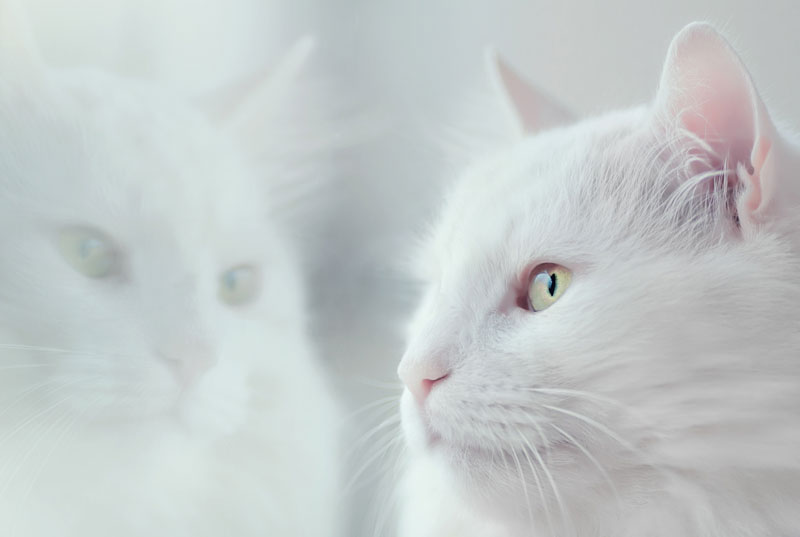
The Fragility of Life
We are all such fragile beings. From the vast perspective of space, our lives appear shorter than that of a cherry blossom. We live on a planet that spins 1040 miles per hour and hurtles through space at 67 times that rate—yet we share the illusion that we are standing still (or driving, or walking). We really have no idea what this planet, this life, is all about—and the bond we form with companion animals is a portal to that mystery.
These are beings with whom we don’t share spoken language, who have no concept of human constructs, yet they can hear, see and smell things humans can’t. Cats don’t know what “time” is, yet they’re more reliable than any alarm clock. They can’t use GPS, yet stories of cats walking hundreds of miles to an old home aren’t uncommon. They don’t understand our specifically human challenges, like breakups, yet every one of us has experienced a cat’s extraordinary compassion—a word more often attributed to dogs and horses.
The feline lifespan, and that of most non-human mammals, is shorter than that of most humans, which means that most of us will outlive our animal friends. Yet even when we accept that inevitability, we still grieve the being and the relationship.
We grieve because we are here as fellow journeyers on the planet; we know the joy of embodiment—the scent of pine (or catnip), the feel of the earth beneath our feet. We grieve the unconditional love they gave us (and if they gave us semi-conditional love, we grieve that, too.) Losing a member of the household, of the family, is a significant disruption to our inner and outer lives. We call out, “I’m home” when there’s nobody to hear; we wake up with a start at 7am, afraid we forgot to put out breakfast. There’s a bittersweet moment of amnesia, and then we remember… and we grieve.

